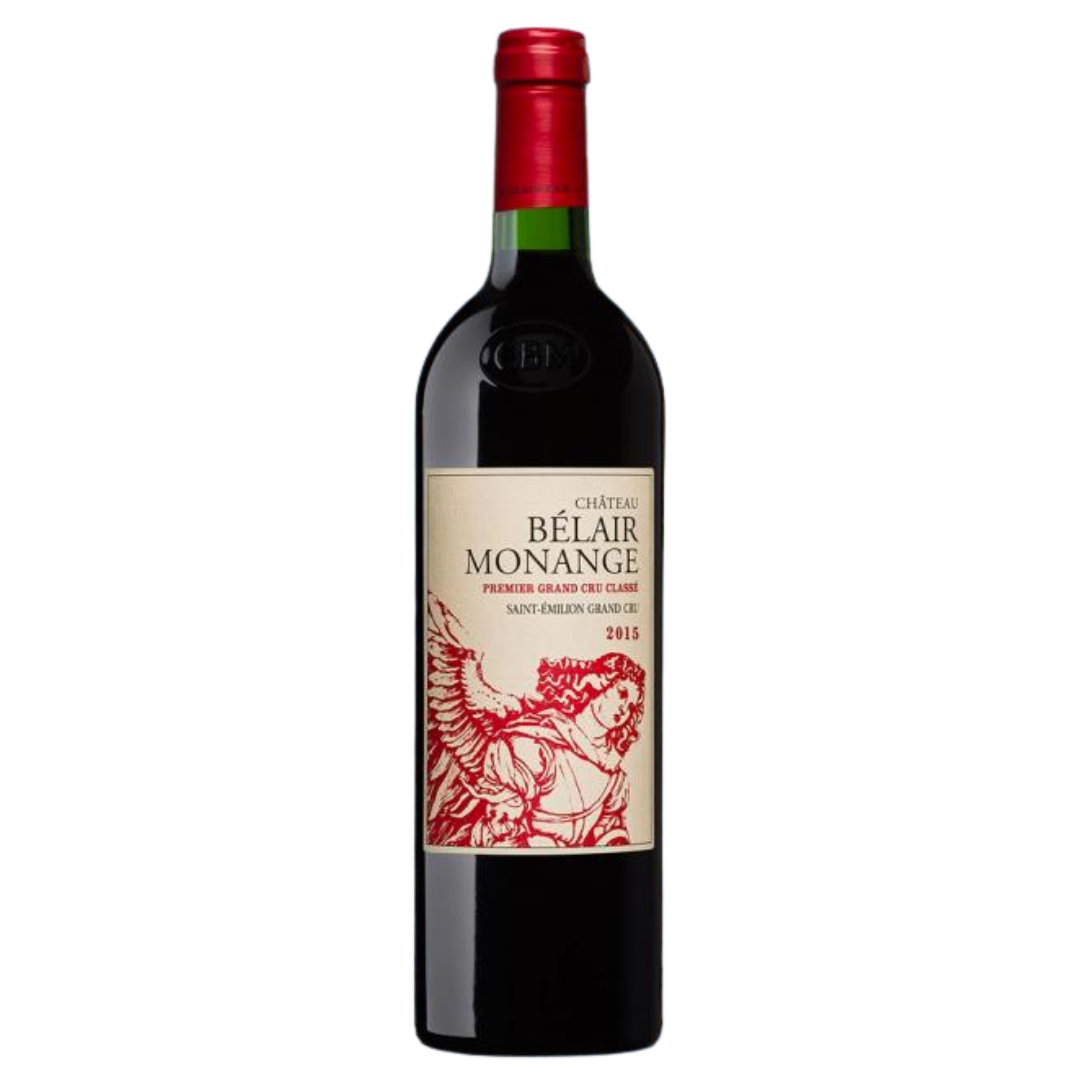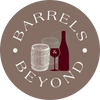Chateau Belair-Monange Saint-Emilion Premier Grand Cru Classe (B) 2015
Chateau Belair-Monange Saint-Emilion Premier Grand Cru Classe (B) 2015
Jean-Pierre Moueix
Note: Confirmation of product price and availability occur upon the receipt of your order. In case of changes in price, we will provide you with the following options: 1) proceed with the order based on the updated price, 2) replace your item with another product or 3) cancel your order.
Couldn't load pickup availability
SAINT-EMILION
Saint-Émilion Grand Cru
1° Grand Cru Classé
23.5 hectares (58 acres)
Asteriated limestone on the plateau
Blue clay on limestone in the slopes
90% Merlot - 10% Cabernet Franc
25 years
«Culture raisonnée» Soil tilling (4 ways)
Vine growth management adapted to the climatic conditions
Manual harvest
Double sorting: optical and manual
In thermo-regulated concrete and stainless-steel vats
Gentle, controlled maceration and extraction
16-18 months in French oak barrels
(50% new)
88% Merlot - 12% Cabernet Franc
PREMIER GRAND CRU CLASSÉ
Château Bélair-Monange traces its origins back to Roman times. Situated at the highest point of Saint-Émilion’s famed limestone plateau, it has long been considered one of the region’s very best crus. By 1850 it was ranked by Cocks & Feret as the leading wine of Saint-Émilion, a position it held well into the twentieth century.
Établissements Jean-Pierre Moueix purchased the iconic Château in 2008 and immediately undertook extensive renovations of the vineyard, winery, underground quarries, and château in order to restore the cru to its rightful historic status.
In 2012, Château Magdelaine, a contiguous Premier Grand Cru Classé acquired by Jean-Pierre Moueix in 1952, was merged into Château Bélair-Monange. The name ‘Monange,’ in addition to its literal translation, ‘my angel,’ was the maiden name of Jean-Pierre Moueix’s mother, Anne-Adèle, the first Moueix woman to call Saint-Émilion her home.
Château Bélair-Monange combines the terroirs of the most privileged sites of Saint-Émilion. The limestone from the central plateau parcels offers freshness, minerality, and delicate, lingering aromatics, while the dense, blue clay of the slopes provides intensity, length, and a unique elegance to the wine.
The winter of 2014 – 2015 was quite cool and rainy. The spring, mild and dry, allowed for a quick and even flowering, The first part of the summer was marked by a very hot and dry period, followed by a slight drop in temperatures and a few welcome showers. Veraison was regular. The heat returned at the end of August and in early September, assuring the quality of the vintage.
The 2015 vintage was notable for the following factors: an ample, homogenous budbreak, requiring control of the quantities; and heat and drought conditions necessitating careful canopy management. Indeed, vineyard intervention was often at a minimum to allow for sufficient foliage to protect the grapes.
The summer, marked by high temperatures, announced a sun-soaked vintage similar to 1990 or 2003, but the month of September, cooler and with a little rainfall, allowed for an ideal phenological maturation. The grape skins ripened, presenting abundant tannins that were neither astringent nor bitter.
We harvested grapes with strong qualitative potential in ideal conditions, from September 23rd to 30th.

Want a discount?
Become a Member!Note: Images may not necessarily reflect actual product, but we assure you that all products are authentic and in good condition. Please contact us if you require actual photo(s).

